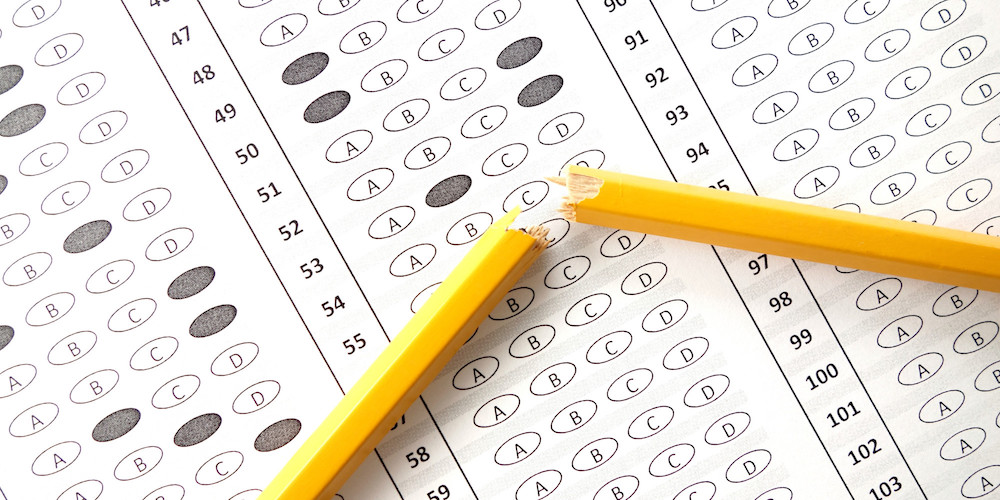University of California must suspend all use of SAT and ACT scores in admissions, a judge ruled, siding with attorneys representing students with disabilities who argued that those students have not been able to access the tests during the coronavirus pandemic.
The ruling affects six of UC’s nine undergraduate campuses that have gone test-optional, giving students the choice of whether to submit their test scores when they apply.
“There’s never been such a thing as a level playing field to admissions for our most underrepresented students, but this ruling at least evened that field a significant bit,” said Mark Rosenbaum, a director of the public interest law firm Public Counsel, which is one of the firms representing plaintiffs in the lawsuit.
In May, the system’s Board of Regents voted to stop requiring the exams in admissions but allowed campuses to give applicants the option of submitting test scores through fall 2022. Three campuses — Berkeley, Irvine and Santa Cruz — decided not to accept test scores at all, while Davis, Los Angeles, Merced, Riverside, San Diego and Santa Barbara gave students the option to submit them.
In a statement, the UC system said it “respectfully disagrees” with Tuesday’s ruling and is “evaluating whether further legal actions are called for.” UC added that each campus “carefully assessed” whether to use SAT and ACT scores for fall 2021 and fall 2022.
“University admissions officials and faculty are best positioned to determine appropriate admissions decisions and procedures, taking into account the individual needs and priorities of a particular campus,” UC said in the statement, which was attributed both to the Board of Regents and the systemwide president’s office.
In a lawsuit filed in Alameda County Superior Court, the plaintiffs argued that because of the Covid-19 pandemic, which has disrupted testing locations, many students with disabilities were not able to access suitable testing sites.
The judge, Brad Seligman, agreed and wrote that while Covid-19 has “disrupted the testing process for many students,” the barriers facing students with disabilities “are indisputably significantly greater” than those facing non-disabled students.
Seligman issued a preliminary injunction that prevents the UC campuses from using SAT or ACT test results while the lawsuit is ongoing. He scheduled the next court date for Sept. 29.
“Plaintiffs have shown that they are denied meaningful access to the additional ‘benefit, aid or service’ that the test option affords. Unlike their non-disabled peers, they do not have the option to submit test scores; even if they did, their chances of obtaining necessary test accommodations are virtually non-existent,” Seligman wrote.
The ruling does not directly impact the state’s other four-year university system, California State University, which decided to go test-optional for the 2021-22 academic year.
Attorneys for the plaintiffs praised Seligman’s ruling. The decision “correctly recognized that what the Regents had done was set up a test-optional scheme for students without disabilities,” said Rosenbaum.
One student and plaintiff in the lawsuit, identified as “Gary W,” has learning disabilities and decided to take a gap year rather than apply to UC campuses. According to the lawsuit, he has faced “formidable barriers to taking the SAT, and has been unable to do so.” If he had been able to take the SAT, or if UC campuses did not accept any test scores, he would have applied, the lawsuit states.
“We are so proud of the courage the student plaintiffs showed by taking on the biggest university system and testing organizations in the country,” Abigail Graber, an attorney with the law firm Brown Goldstein & Levy, said in a statement. “We hope the light they and the court have shined on the barriers students with disabilities face will help guide a movement toward inclusive and equitable access to higher education.”
